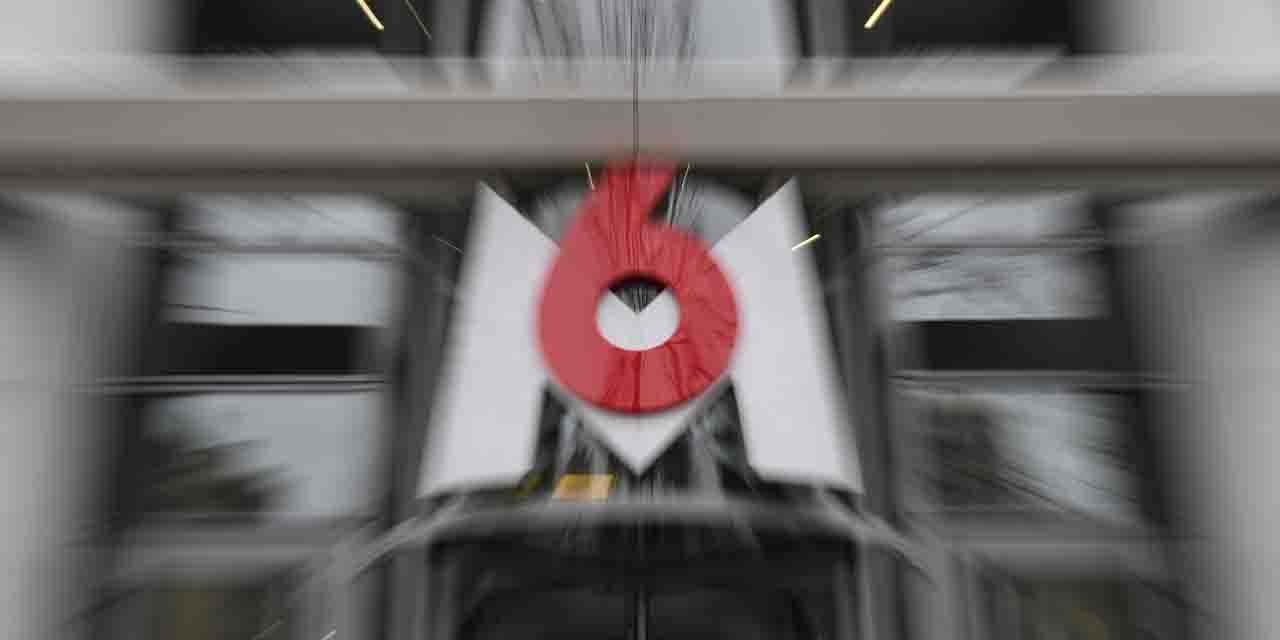M6 broadcast last Sunday an issue of "Enquête Exclusive" on the revolts in Algeria.
A report that did not please the government of the country, which decided to tackle "the six".
Last Sunday, M6 offered a new number of
exclusive Enquête,
devoted to the popular revolt which has shaken Algeria for a year.
Reports, which Bernard de la Villardière presented last week in
Culture Médias
, and which greatly displeased the Algerian government.
As a result, the Algerian Ministry of Communication said on Monday that M6 was now "banned from operating" in the country.
This means that the channel will no longer be able to send or hire journalists there.
The ministry denounces a report which would have deliberately tarnished the image of the country and which aims to "crack the unwavering confidence between the Algerian people and its institutions".
Find all the media news in our daily newsletter
Receive every day at 1 p.m. the main media information of the day in your mailbox.
An unmissable event to be up to date on the news, the TV audiences of the day before and take stock of the programs not to be missed.
Subscribe here
"False permissions" and hidden cameras
The Algerian government accuses the channel of having used a fake filming authorization to box the report, of having used hidden cameras and of having distorted the testimonies of three young Algerians.
In fact, Enquête Exclusive
followed a YouTuber, a dancer and actress and a young man engaged in politics so that Algeria becomes an Islamic state.
The popular revolt that has been going on for a year did not wait for M6 to demonstrate a crack in "the unwavering confidence between the Algerian people and their institutions".
Guest of
Culture Médias
last Friday, the editor-in-chief of the magazine Patrick Spica also responded in anticipation to the Algerian government's attacks on working methods.
And in particular on the use of hidden cameras.
"At times we had to film with discreet cameras," he warned.
"Even with clearances, when you go for an interview with conventional cameras, you are regularly arrested and you spend the day at the police station."
>> Find all the media newspapers in replay and podcast here
An expected reaction from the Algerian government
Algerian and Franco-Algerian journalists also anticipated a hostile reaction from the Algerian government.
The majority of them have indeed decided to remain anonymous so as not to be linked to the M6 broadcast and to avoid reprisals.
A fear supported by the recent conviction on appeal of the Algerian journalist Khaled Drareni, to which Bernard de la Villardière had given his support.
Faced with this "ban on operating", M6 reacted by recalling that the France 5 channel had already been criticized by the Algerian authorities last May, for a documentary on the Hirak demonstrations.
However, the channel had not been subjected to the "operating ban", now imposed on M6.

